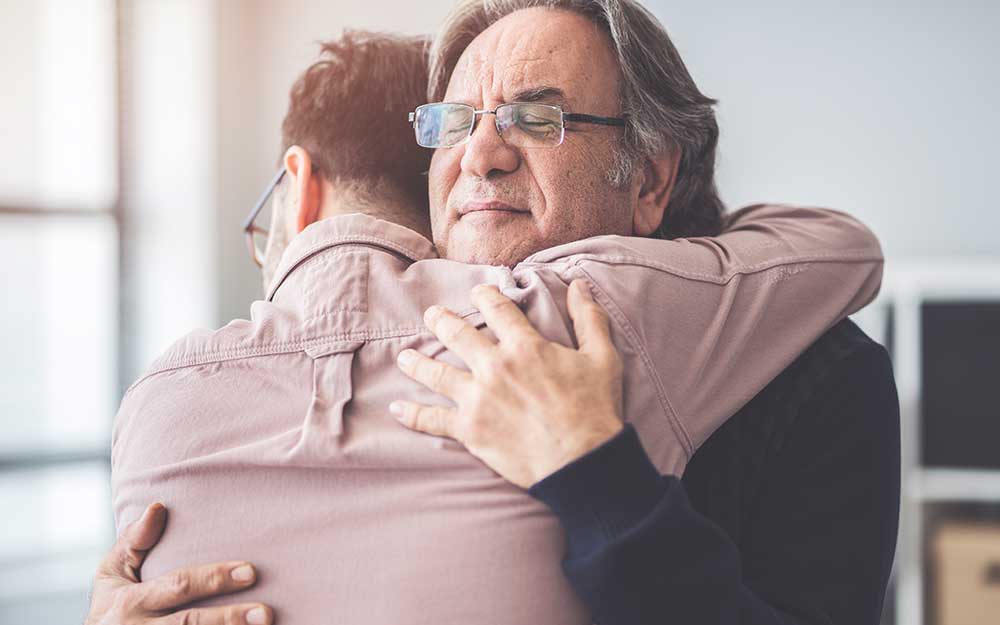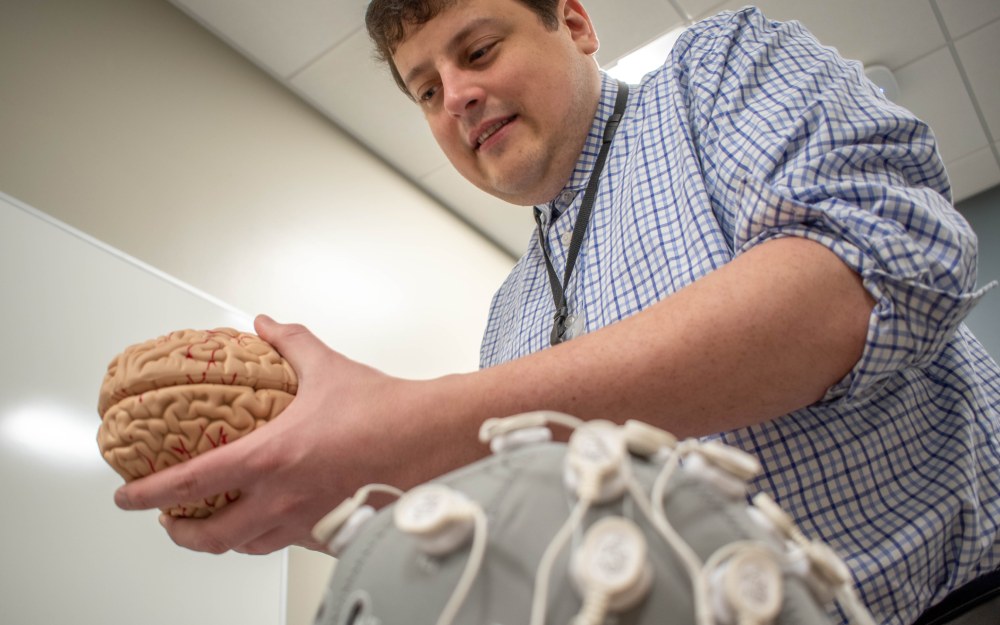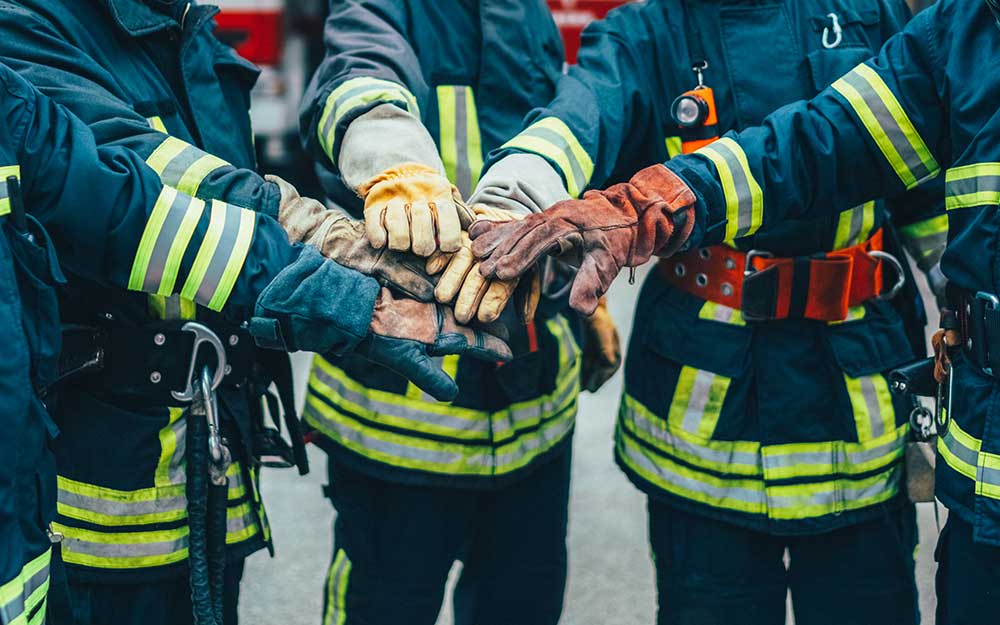
New family program aims to provide support, fellowship
10/28/20 10:30:am
The family program began its pilot on October 23 at the Appleton clinic. It will also be piloted at the Herrington and Silver Lake sites on October 31 and November 1.
“Our initial data shows that patients whose families are integrated into the treatment process have better outcomes and longer lengths of stay in treatment,” explains Michelle Maloney, PhD, LPC, CAADC, CRPS. “In addition, as families and friends can begin to understand and change their behaviors, they can better support the patient’s progress and begin the recovery journey for the family.”
The new family program will run for two days at the Herrington campuses and one day at regional clinics. Specific areas of focus will include psychoeducation, coping skills, and providing the opportunity for each family member to share their perspectives and challenges with one another. Families will also gain a greater understanding of the treatment their loved one is receiving and learn helpful ways to support and encourage them through challenges. By building on each of these topics, family members will be able to form a plan for recovery.
“There are a lot of exciting pieces to the family and friends program as patients determine their own family of choice and support network,” explains James Hishmeh, LCSW, residential operations manager, Herrington Center for Addiction Recovery and Nashotah Center for DBT. “The most exciting thing is being able to assist families as they start their own healing process, which in turn can influence future generations to eliminate the stigma and fear of seeking treatment.”
The program will take place virtually due to the pandemic, though James and Dr. Maloney say they hope to offer it in-person when it is safe to do so.





